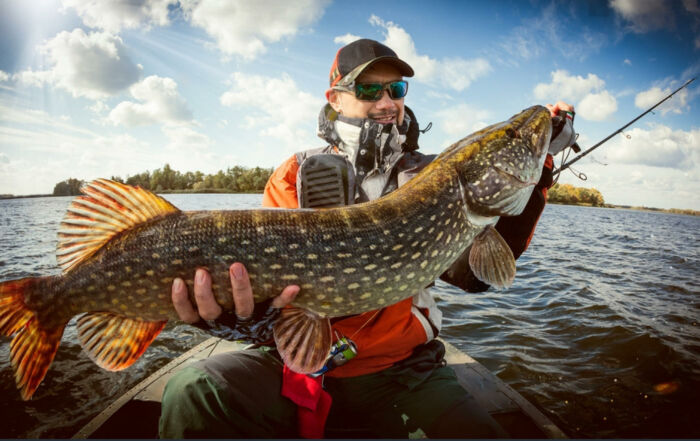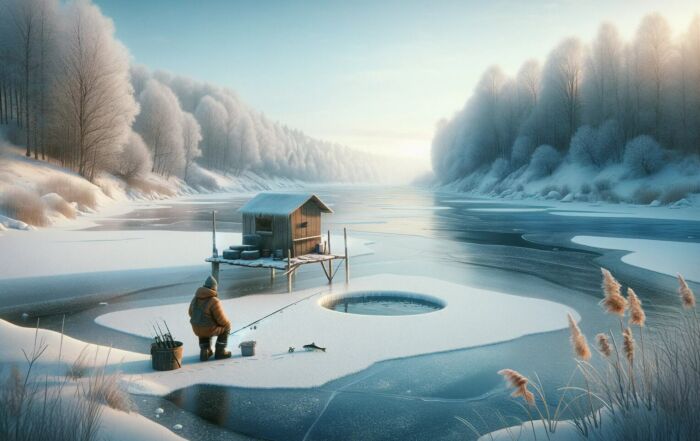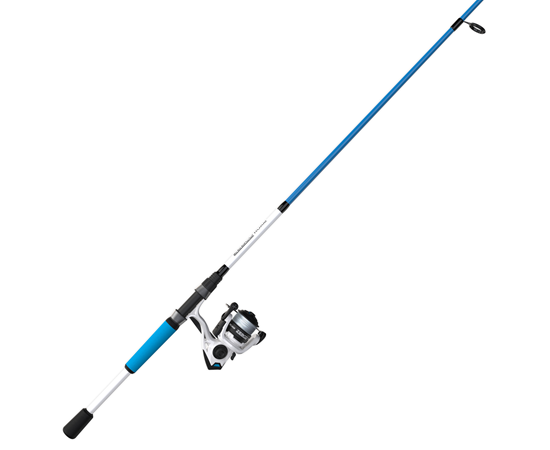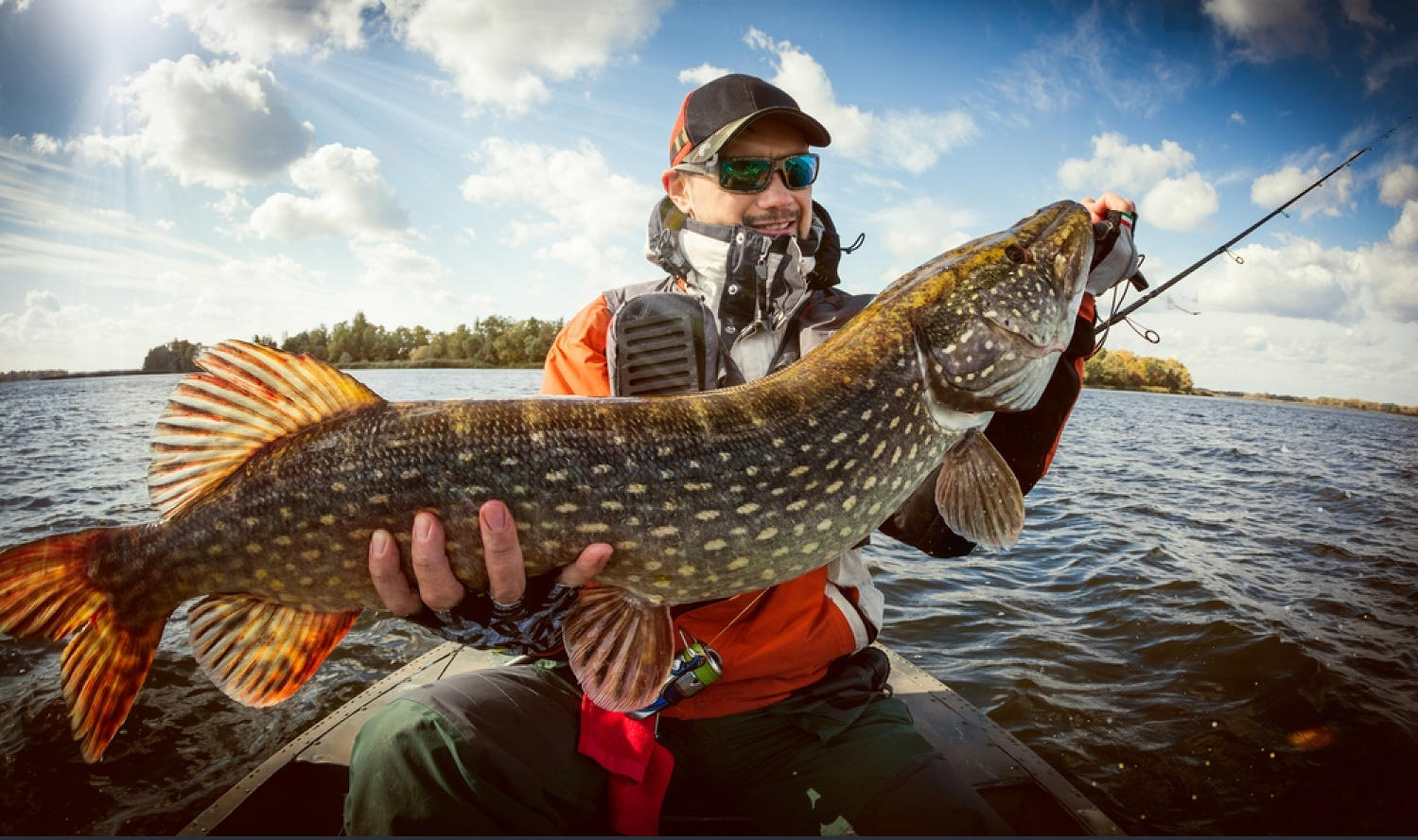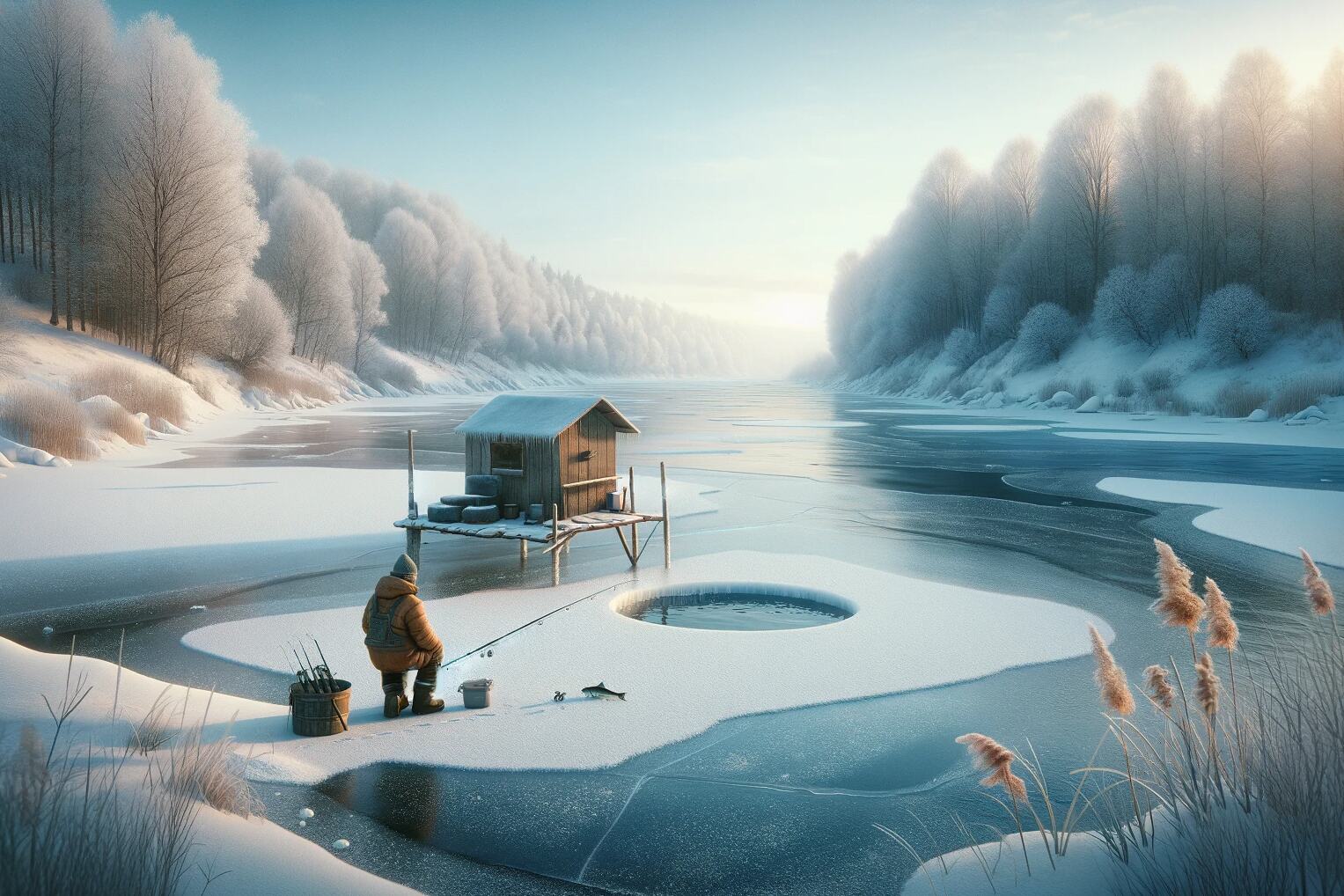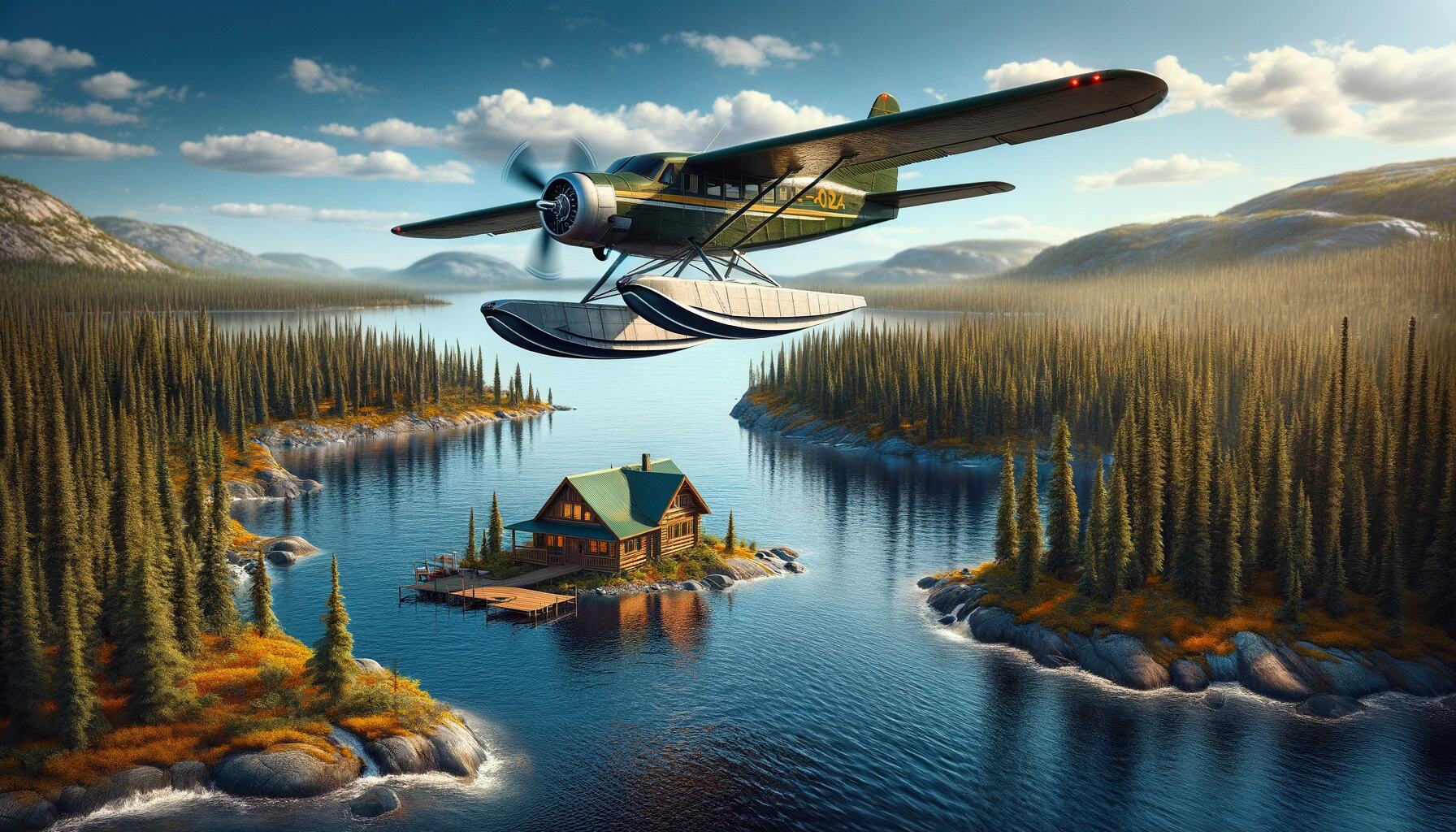Teaching children to fish offers more than just introducing them to a sport or hobby. It’s a passage into a rich cultural tradition and a deeper connection to nature, imbuing them with essential life lessons like perseverance and patience.
Invest in the Right Equipment
Children may begin fishing without expensive gear. Invest in a lightweight rod and reel set that is suitable for beginners. Although basic, a tackle box should have the following items: hooks, bobbers, sinkers, and a few eye-catching lures. To promote independence, ensure their equipment is manageable for their size and strength.
Put Safety First
Although having a life jacket is essential, safety encompasses much more than that. It’s critical to provide knowledge to aspiring fishermen. Inform them of potential dangers like sharp hooks, slick rocks, or even the probable existence of poisonous flora or creatures.
Selecting the Ideal Location
Young fishermen need an immediate reward. They won’t have to wait hours for a bite in areas with plenty of fish. Consider stocked ponds or areas with a robust fish population first.
Ready to transform your child’s fishing tales into cherished memories? Book a family fishing getaway at Cobham River Lodge and let the adventure begin.
Basic Skills are Important
A strong foundation is necessary for learning the craft of fishing. Ensure your youngster is familiar with baiting, casting, and reeling before teaching more complicated techniques. Although fundamental, these abilities will open the door for more sophisticated methods in the future.
Combine Education and Entertainment
Add expertise to their fishing outings. Discuss the many types of fish that live there, their eating patterns, and any unusual behaviors. Introduce kids to ideas like catch and release while stressing the importance of maintaining fish populations.
Celebrate Every Success
From their first catch to learning a new ability, every tiny triumph is significant. These festivities increase their love of fishing while also boosting their confidence.
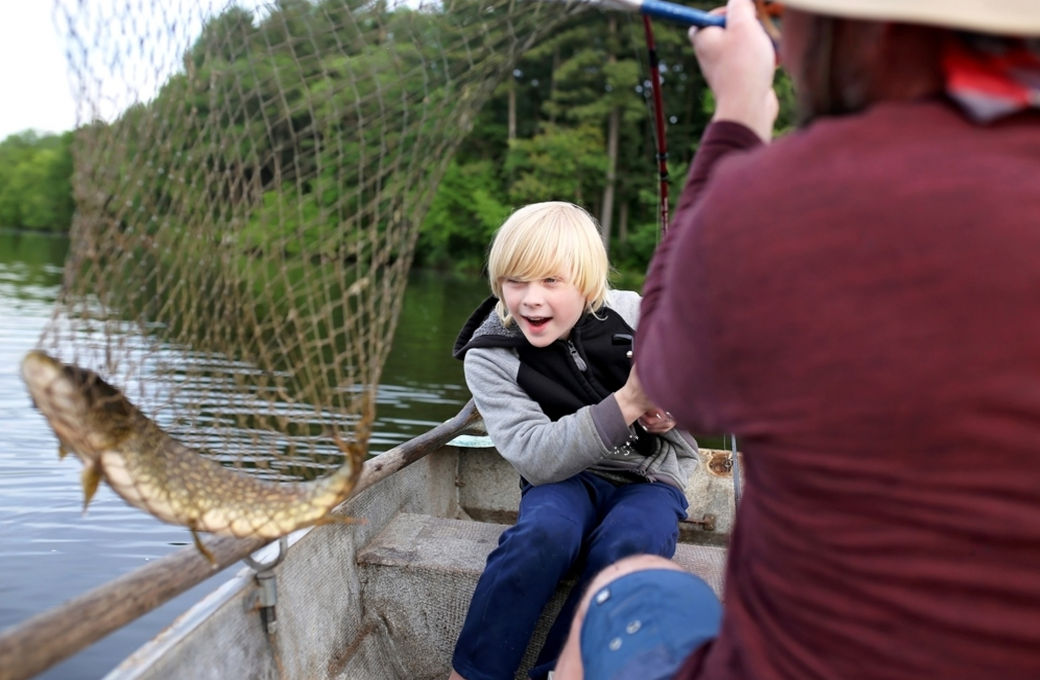
Develop Your Patience
Sometimes, waiting is as important as the catch when fishing. Children should be taught the value of perseverance and patience while being made to enjoy themselves. Tell about your fishing adventures, including both the achievements and the difficulties you encountered.
Use contemporary technology
Children are drawn to technology naturally in this digital age. Simple fishing-related technology, such as fish finders or smartphone applications that track fish movements, may modernize and impart knowledge to the activity. Make the experience cutting-edge and instructive. Fundamental approaches will enable future developments.
A Family Affair
Sharing a fishing experience makes it more memorable. Invite your family or other young fishermen to help build community and promote learning from one another.
Storytelling is Golden
Stories can motivate. Inform others about your fishing exploits by describing them in detail, adding depth, and making these outings anticipated traditions.
Looking Closer:
Care: Teach kids the maintenance procedures for their equipment. In addition to maintaining their equipment, cleaning, storing, and inspecting, it teaches them responsibility and respect for their instruments.
Local Regulations: Inform them of the customs, restrictions, and times for fishing in your area. They get more acquainted with fishing laws and the justifications for them as a result.
Ethical Fishing: Children should comprehend the significance of ethical fishing in addition to the act of catching. Discuss ethical fishing methods, the importance of protecting marine life, and each person’s part in preserving the ecological balance.
Q&A about Teaching Children to Fish
What age is best for starting?
Although children as young as 3 years old can be introduced, ages 5-7 provide a balance between understanding and physical capabilities.
How can I keep myself interested on dull days?
Mix up your experience. The excitement may be maintained by participating in water-based activities, scavenger hunts, or even nature observation.
Do youngsters need to get licenses?
Children under a particular age are frequently excluded, but always double-check with local laws.
Can fishing be a teaching tool?
Definitely. It offers a glimpse into physics, environmental science, and even biology. Each journey may conceal a lesson.
How do you overcome fears?
Low-impact exposure. Videos should be the first step, followed by aquariums and finally actual fishing. Always go forward at their rate of comfort.
Essentially, educating a youngster to fish involves more than just catching fish. It’s a whole experience that combines patience, ethics, science, and nature. They will be prepared for difficulties in and out of the water with the practical and emotional skills they develop. Fishing has the potential to develop into a lifetime passion and a way to comprehend the complex web of life on our planet with the appropriate instruction.

